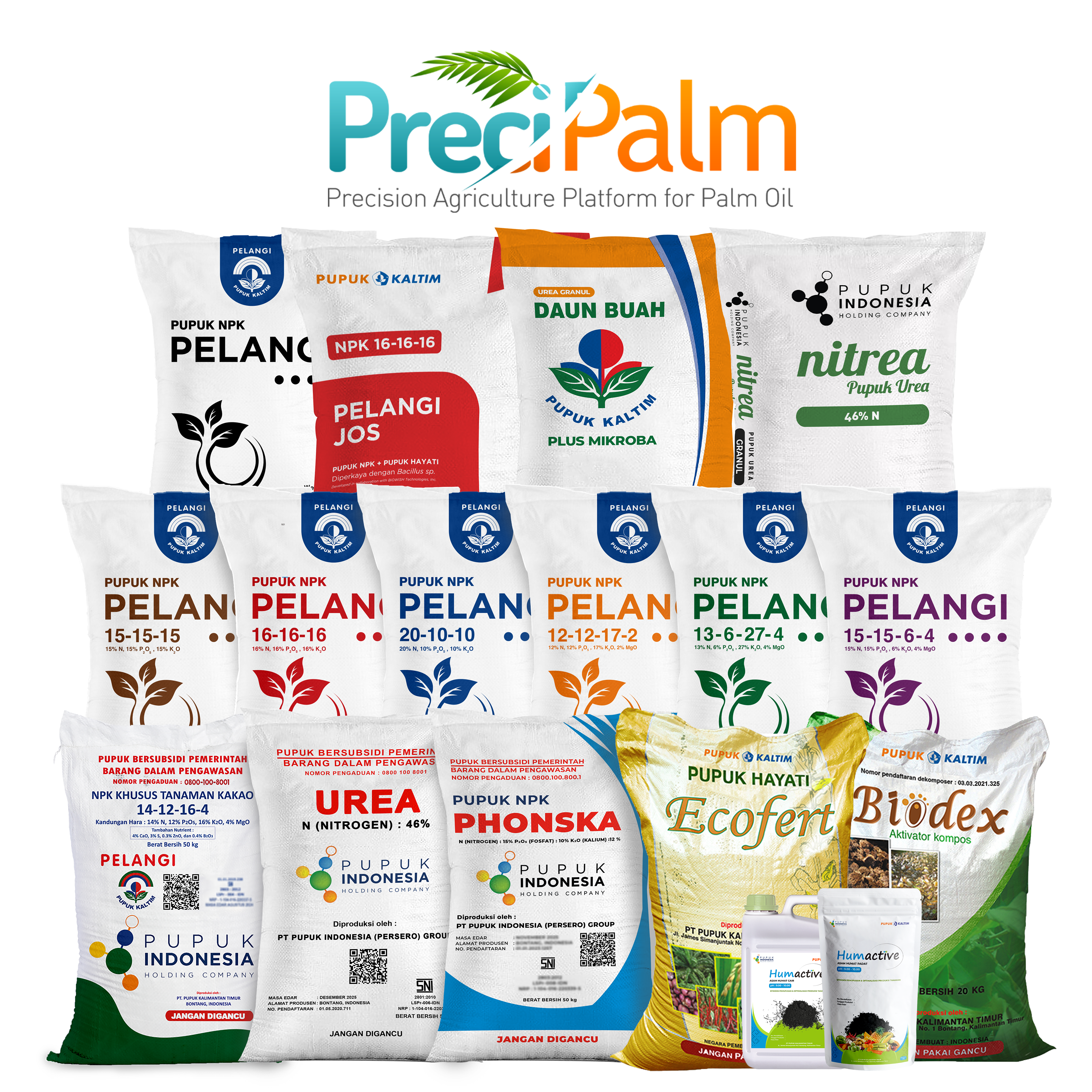Sustainable Product Management
As part of our commitment to environmental sustainability and responsible product innovation, Pupuk Kaltim implements sustainable product management that includes Life Cycle Assessment (LCA) studies, environmentally friendly product development, and research strategies oriented towards future agricultural solutions.
All product management efforts are carried out with principles of sustainability, environmental transparency, and sustainable innovation that support the achievement of net zero emission targets and positive contributions to Indonesia's agricultural ecosystem.
🔍 Life Cycle Assessment (LCA) Study

As part of strengthening sustainability performance, PKT has conducted Life Cycle Assessment (LCA) studies to identify and evaluate potential environmental impacts at every stage of the production process, from raw material selection, conversion processes, to product distribution. This study is conducted to comprehensively understand the environmental footprint of operational activities, so the company can set priorities in effectively reducing environmental impact.
Based on the Life Cycle Assessment (LCA) study conducted on 100% of urea products from PT Pupuk Kalimantan Timur (PKT), it is known that the urea production process has various potential environmental impacts at each stage of its life cycle — from cradle (raw materials), gate (production process), to grave (post-production). These impacts include global warming potential (GWP), ozone depletion, acid rain, eutrophication, photochemical oxidation, toxicity, as well as water and energy usage.
Global Warming Potential
Analysis of global warming potential from production processes
Water & Energy Usage
Evaluation of efficient water and energy usage
Emission Control
Identification of emission sources for process optimization
The study results show that environmental improvement potential can be focused on several main units, which contribute significantly to emissions and energy consumption. In addition, PKT has conducted comprehensive data inventory related to the use of raw materials, energy, water, and emissions from all production processes to support the development of a national LCA database.
📋 LCA Supporting Documents
Environmentally Friendly Products (EPD)
Environmental Product Declaration (EPD) is an environmental certification that provides transparent and verified information about a product's environmental impact throughout its life cycle — from raw material selection, production processes, distribution, to the final stage of the product.
As a pioneer in sustainable fertilizer industry in Indonesia, PT Pupuk Kalimantan Timur (PKT) has obtained EPD certificate S-P-04685 from EPD Southeast Asia, which shows that PKT products are produced with attention to energy efficiency, waste management, and carbon emission reduction.
Energy Efficiency
Optimization of energy usage in production processes
Waste Management
Responsible waste management system
Emission Reduction
Commitment to reduce production carbon footprint
🏅 EPD Southeast Asia Certificate
Environmental performance transparency for greener and more sustainable production
Through this achievement, PKT reaffirms its commitment to environmentally friendly products, supports environmental performance transparency, and contributes to global efforts towards greener and more sustainable production.
🔬 Sustainable Product Development
Pupuk Kaltim's research and product development strategy refers to the Indonesia Fertilizer Research Institute policy as a research unit of the parent holding PT Pupuk Indonesia. The strategic pillars of IFRI are as follows:
Customer Centric R&D
Developing products that meet plant nutritional needs
Agro Solution
Developing agricultural solutions to create consumer engagement
Research Institute
Building research institutes and conducting market research and policy advocacy
R&D Operating Model
Strengthening R&D Operating Model and solid organization
Through IFRI policies, the mechanism for sustainable product development at Pupuk Kaltim establishes evaluation criteria and product classification that includes three important characteristics, namely:
Sustainable Raw Materials
Selection of renewable and environmentally friendly resources
Environmentally Friendly Technology
Implementation of production processes that minimize environmental impact
Usage Efficiency
Reducing losses and improving nutrient absorption
🌿 Environmentally Friendly Products
💰 Sustainable Revenue from Environmentally Friendly Products

Economic contribution from Pupuk Kaltim's sustainable product innovation
In addition to main products such as Urea, Ammonia and NPK, Pupuk Kaltim has developed environmentally friendly products through research and development. These products include the following:


